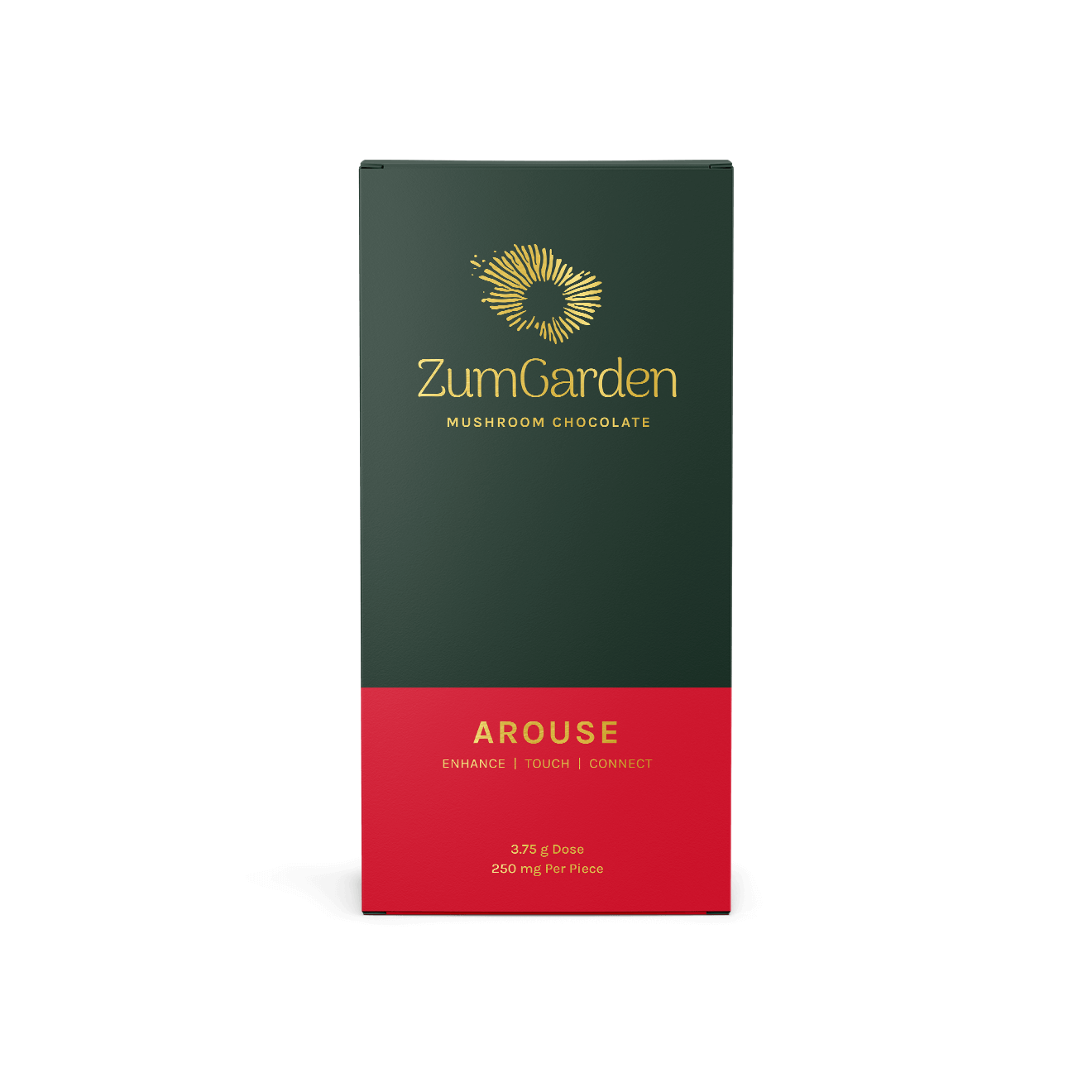Your Inner Critic
“You’re not good enough for this job.” “Everyone can see you’re faking it.” “You always mess things up.” “Who do you think you are?”
Most people try to silence their inner critic through positive thinking or self-help mantras. But what if you’re fighting the wrong battle?
What if your inner critic isn’t your enemy—just a really bad bodyguard who never learned better techniques?
Psilocybin has a unique way of revealing the inner critic’s true nature: not as a villain, but as a misguided protector stuck using Stone Age strategies in a modern world.
Your inner critic developed for one reason: to keep you safe.
As a child, it learned that being “wrong” meant rejection, punishment, or abandonment. So it appointed itself Chief Risk Assessment Officer of your psyche.
Its job: Scan for any possibility of social rejection, failure, or judgment—and stop you before you risk it.
The problem: It never learned the difference between actual danger and imagined threats. To your inner critic, giving a presentation feels as life-threatening as being chased by a lion.

How Psilocybin Reveals the Critic's Fear
Microdosing often softens the inner critic's volume, and in that quiet space, you can finally hear what it's actually trying to say:
- "I'm scared you'll get hurt"
- "I don't want people to reject you"
- "I'm trying to keep you safe"
- "I remember when vulnerability led to pain"
Suddenly, you realize your inner critic isn’t mean—it’s terrified.
It’s a scared part of you that learned hypervigilance as survival strategy and never got the memo that you’re safe now.
The Critic's Favorite Tricks
Your inner critic uses predictable patterns:
Catastrophizing: “If this goes wrong, everything will be ruined”
Mind Reading: “They definitely think you’re stupid”
All-or-Nothing: “If you’re not perfect, you’re a failure”
Fortune Telling: “This will definitely end badly”
These aren’t facts—they’re anxiety-based predictions from a part of you that sees danger everywhere.

Retraining Your Inner Bodyguard
Once you understand your critic’s protective intention, you can start retraining it:
Instead of: “Stop being so negative!”
Try: “Thanks for trying to protect me. Here’s what’s actually safe now.”
Instead of: “That voice is stupid!”
Try: “I hear your concern. Let me show you the real risks vs. imagined ones.”
You’re not trying to fire your inner critic—you’re giving it a better job description.
When you stop fighting your inner critic and start collaborating:
- Less internal warfare - Your mental energy stops going to self-attack
- More self-compassion - You treat yourself like someone worth protecting
- Clearer risk assessment - You distinguish real threats from anxiety-based ones
- Braver action - You can acknowledge fears without being controlled by them
Your inner critic becomes less harsh critic and more concerned advisor.

The Microdosing Advantage
Psilocybin creates space between you and the critical voice, letting you observe it without being consumed by it.
You start to notice:
- The critic's voice versus your actual voice
- When criticism is helpful versus when it's just anxiety
- How much gentler you can be while still maintaining standards
- That you can take risks even when the critic is worried
It’s like having a mediator in the conversation between you and your inner protector.

Final Thoughts:
Your inner critic isn't your enemy—it's a part of you that learned to equate safety with perfection.
Instead of trying to silence it, what if you helped it evolve? What if you showed it that you can handle imperfection, rejection, and even failure?
The goal isn’t to never hear critical thoughts again. The goal is to recognize them as one voice among many—not the voice of truth.
So…what is your inner critic really trying to protect you from?
Until next time,
Mushie Media of the Week:
“Microdosing for Real Life”
by: Rachel Pastor & Tiffany Hurd




























